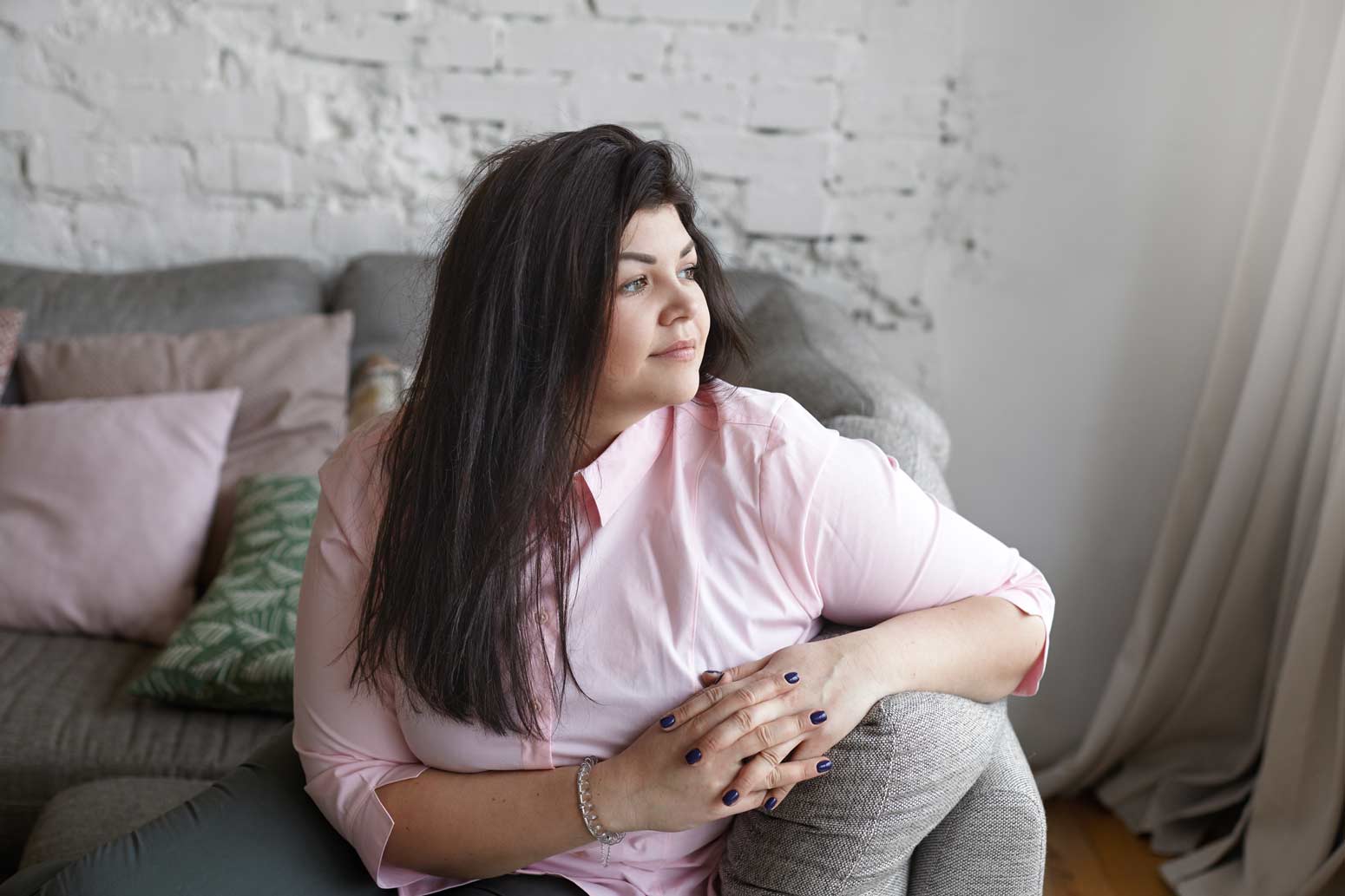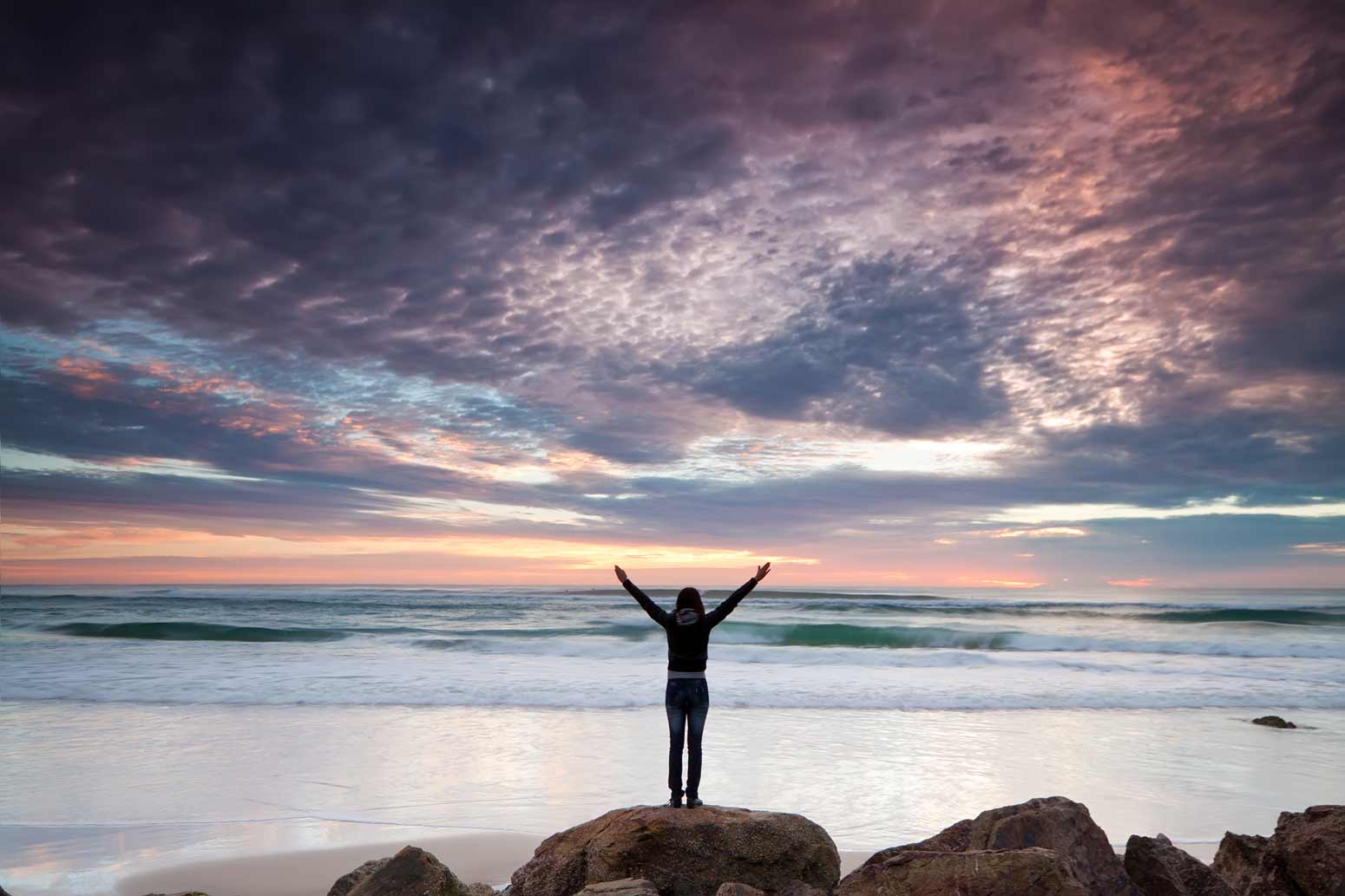I’ve been obsessed with the oceans and conserving them since the first time I watched “The Little Mermaid.” Paddling out with dolphins and sea turtles just solidified my obsession with the sea. Growing up in a beach town in Florida, I studied environmental journalism.
The week of Christmas, I strolled the beaches of Maui near “Pu’u Keka’a” or Black Rock. The islands of Molokai and Lanai slept in the distance with sailboats between us. A few clusters of white coral rolled up toward my feet in the sand. The crowds still hung back from visiting the islands due to the pandemic, leaving most of Maui to myself. There in the greenery that separated the walking path from the shoreline, I saw it.

Aiming “to be angry but sin not,” I took my trash to a nearby trash bin and my emotions back to my hotel room. When did caring for the Earth become blasé? And how can we be so careless with such a beautiful world when we only have one? With life so hard and fast, it’s easy to understand why humans choose the easy way out. We use disposable items, frequent drive-thrus, and find the quickest fixes for all of our problems. I asked myself how to honor God with my stewardship of the planet where He placed me for a limited time, and how to encourage others to do the same.
Honoring God with Sustainability
Adam, the first man, was also the first steward. He was up close and personal with his animal friends, making it hard to believe he’d live carelessly as to hurt them. It’s no coincidence that humanity’s first job was caring for a garden and its living residents.
As humans span the globe, so does our responsibility in caring for it. Think about the agricultural nature of Biblical times, when Jesus spoke in farming metaphors, and everyone woke and slept with the rising and setting sun. Jesus observed fig trees. King David referred to trees planted by the water as a reference of how we ought to live in righteousness. Caring for the environment is biblical.
What is sustainability? For our purposes, it is “the avoidance of the depletion of natural resources in order to maintain an ecological balance.”¹ I’d argue sustainability is slowing down enough to examine, learn and be mindful to make the changes needed to protect our planet. It isn’t always easier or more convenient, but that’s often the case with “doing the right thing.”
How to Be a Steward of the Environment
Just like our pursuit of holiness, it’s hard not to get overwhelmed with all the ways we can fail. The good thing is, we serve a gracious God who created a resilient planet. Even the areas exposed to nuclear eruptions grow green life again. God’s goodness and nature’s strength do not excuse us from the steps that we can take.
1. Mindfulness is the first step.
With information at our fingertips, we are equipped with the power to research our decisions before we make them. There are websites about sustainable and environmental swaps for household products, cosmetics, grocery choices. Colossians 3:23 says, “Whatever you do, work at it with all of your heart, as working for the Lord and not human masters.”
2. Every little thing helps.
It may sound trendy, but think about “Meatless Mondays.” One day a week, we can take the time to give our gastrointestinal systems a break, all while helping the world’s deforestation crisis and taking a break from the meat industry using over 80% of the United States antibiotics on its animals alone. The impact of such a small gesture, when taken by thousands, is enormous.
3. Celebrate the small wins.
Don’t waste time feeling guilty for the damage done. Plant something with your children. Go vegetarian one day a week. Shop at thrift stores or buy secondhand online to boycott cheap fast fashion, the number two polluter after the oil industry. Take bike rides to the store rather than burning ozone-depleting fossil fuels. Websites like thredUP and Poshmark, not to mention Craigslist and Facebook Marketplace make these realities more accessible.
4. Reduce, reuse, recycle.
Single-use plastic didn’t really become a thing until the mid-19th century, meaning that the “Great Pacific Garbage Patch” measuring across twice the size of Texas is new. Our solutions need to be new, too. During the pandemic, I spent 365 days with a “nothing new” intention, shopping only recycled or secondhand items except for consumable and hygienic items. My intention included eating organically and shopping as “cleanly” as possible. Was it hard? Absolutely. Did my perspective and awareness shift? A thousand percent.
We don’t need the newest. We can reuse things. We can take the time to teach ourselves and our children how to recycle. We can eat at home, buy less plastics, and share more. As awareness grows, so do our resources we recognize.
How can we be so careless with such a beautiful world when we only have one?
Caring for the Earth Is a Responsibility
For so long, stewardship of this beautiful blue planet seemed political or a source of debate. When did caring for God’s creation become controversial or political?
We serve a God who cares when even a sparrow falls to the ground. We serve a God that clothes the lilies of the field. Countless verses exist in the Bible describing how nature proclaims the glory of God. Rocks sing to Him; the waves roll out their praises to Him. Creatures all live for His glory. Living alongside this beauty, isn’t it our responsibility to ensure it is healthy enough to keep praising Him? By making incremental and informed changes in your life as a steward, you can explain to your children, your loved ones, and neighbors “the why” behind your actions if they’re curious.
Living mindfully as a steward of sustainability, you might inspire others to self-examine and adjust their actions. We are not on earth forever, but that doesn’t stop us from living in love and obeying God’s other commands. Why wouldn’t we handle the other blessings from Him, like our soil, sky, and surroundings with tender loving care? Like placing our mask in the bin instead of on the azure shores of Maui?
—
Need help determining where and how to serve God? Take a listen to this podcast episode: If You Want to Grow in Faith, Try These Simple Things – 144













